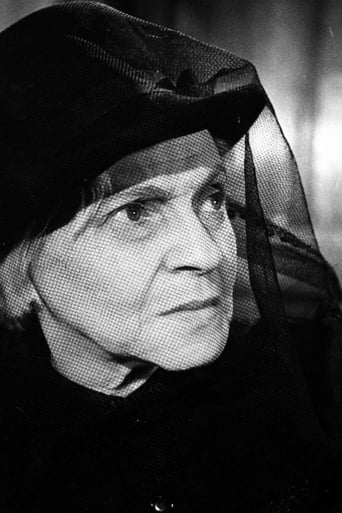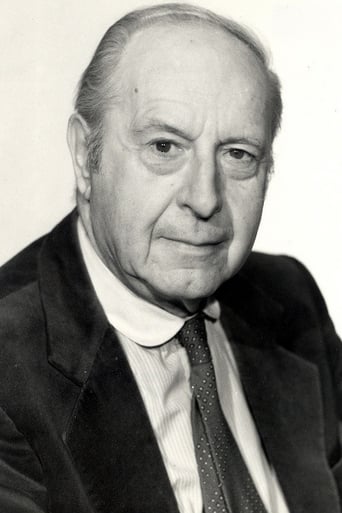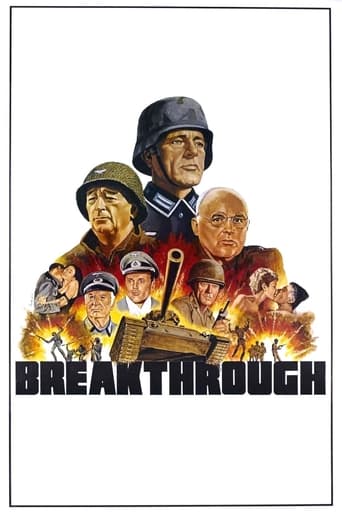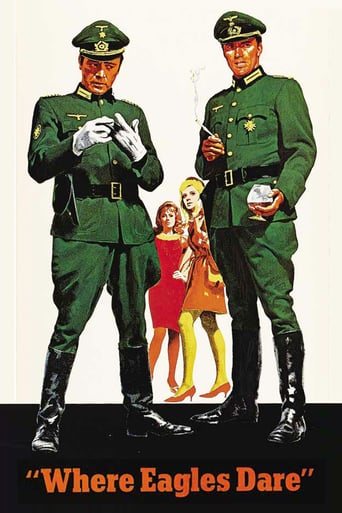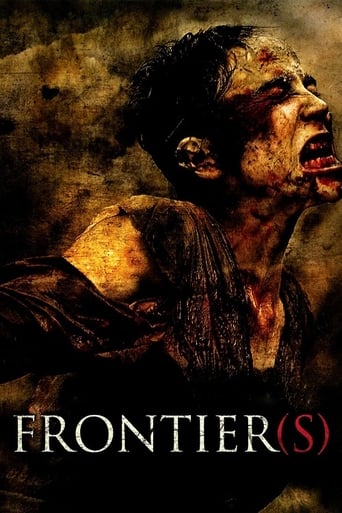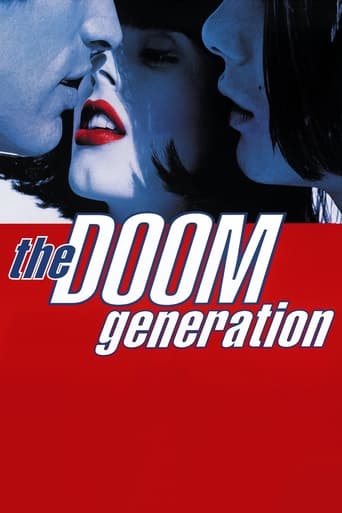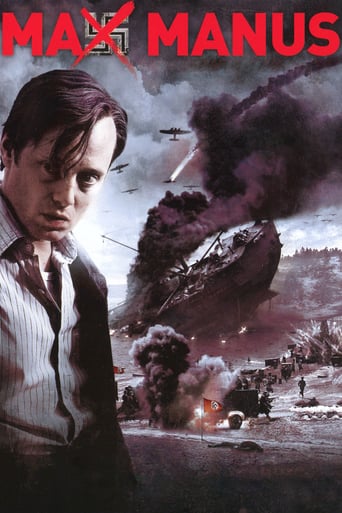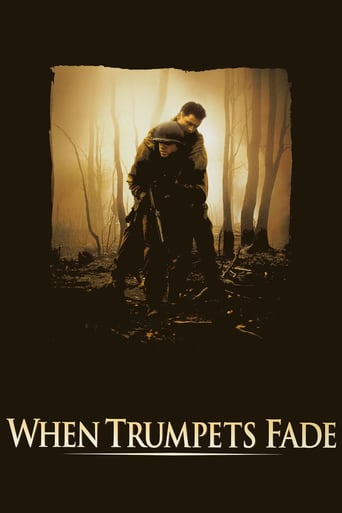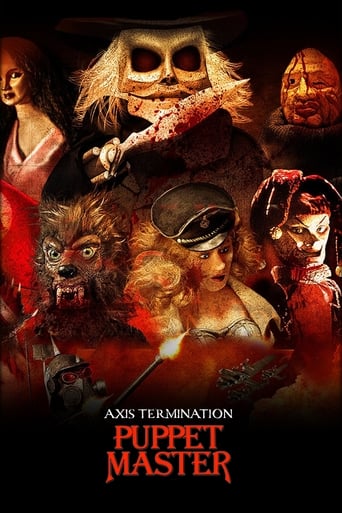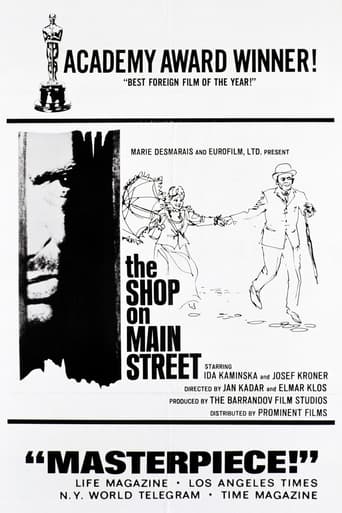
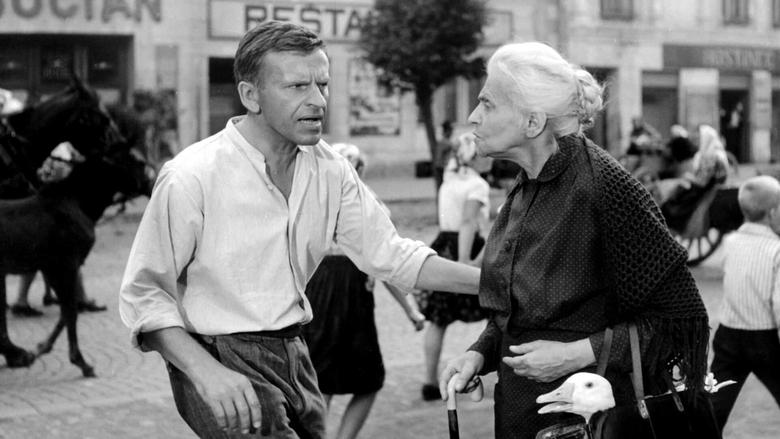
The Shop on Main Street (1965)
In a small town in Nazi-occupied Slovakia during World War II, decent but timid carpenter Tono is named "Aryan comptroller" of a button store owned by an old Jewish widow, Rozalie. Since the post comes with a salary and standing in the town's corrupt hierarchy, Tono wrestles with greed and guilt as he and Rozalie gradually befriend each other. When the authorities order all Jews in town to be rounded up, Tono faces a moral dilemma unlike any he's known before.
Watch Trailer
Cast
Similar titles
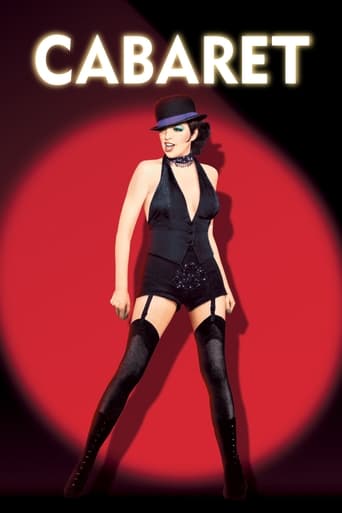
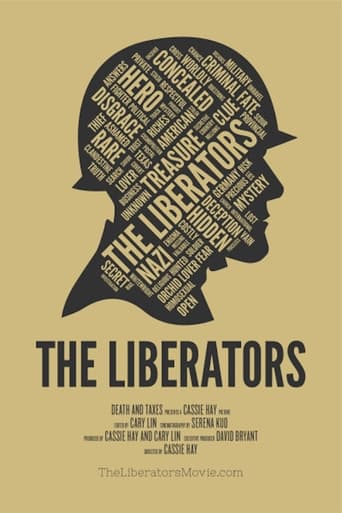
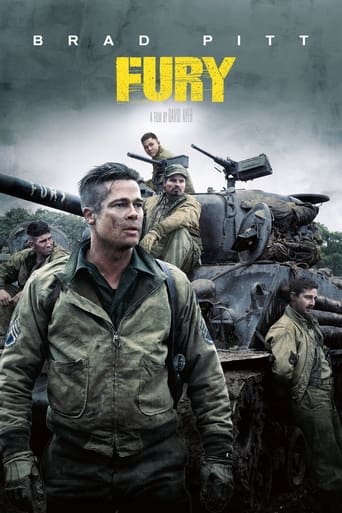
Reviews
Don't listen to the negative reviews
If you like to be scared, if you like to laugh, and if you like to learn a thing or two at the movies, this absolutely cannot be missed.
It is a whirlwind of delight --- attractive actors, stunning couture, spectacular sets and outrageous parties.
It's the kind of movie you'll want to see a second time with someone who hasn't seen it yet, to remember what it was like to watch it for the first time.
The Shop on Main Street (Czech/Slovak: Obchod na korze) (1965) Director: Ján Kadár and Elmar Klos Watched: May 29, 2018 Rating: 7/10 Loyal dog, kind friends, Greedy wife, quaint Slovak town. They were Tóno's World. Aryan owner, Naive Jewess shopkeeper, Unlikely friendship. Macro look at war, More profound and real Than frontline battles. Affecting acting, Camera as character, Well-timed reveries. Close call then fluke death felt cheap, Moral trap ends bittersweet. Haiku Sonnets are comprised of 4 3-line haiku plus a couplet of either 5 or 7 syllables, adding up to 14 lines, the same number of lines found in a sonnet. (5-7-5, 5-7-5, 5-7-5, 5-7-5, 7-7/5-5).
The film sort of naturally divides itself into three parts. In the first, we get the impression that we're about to witness a slow, slice-of-life movie about a small town in Czechoslovakia during the Nazi occupation. It's not entirely without interest but it looks like it's going to be a long slog. We meet Jozef Kroner, the central figure, a lazy carpenter with a loving but exasperated wife, and we meet his brother-in-law, an anti-Semitic fascist guard in his gestapo uniform. The brother-in-law visits Kroner's family, bringing gifts of food and rum gotten from his many connections. There follows a realistic scene in which the family gets drunk and argue, in between songs, until finally the men fall on the floor, pulling the tablecloth with them. A perfectly normal family evening.The second introduces us to the town itself, including those members of the community who are Jewish. Kronin's brother-in-law is in the process of "Aryanizing" the town. The process involves sending a Christian into a Jewish business and having him act as manager and clip the profits. As a "favor", the brother-in-law arranges to have Kronin become the Aryan of a shop on Main Street. "You'll be a rich man!" he promises. But the favor is done out of spite. It's a tiny button shop with an apartment in the back. And it's run by a sweet, generous, but feisty old lady (Ida Kaminsky) who is impaired by age to the point at which she can't really understand what people are trying to tell her. For that matter, she can't HEAR them. "Selling buttons is not man's work," Kroner complains, and he's not very good at it. A comic scene has him trying to cope with a shop full of babbling housewives and spilling boxes of buttons all over the floor. Eventually, Kroner and Kaminsky form a bond. The friendship makes him protective and her maternal.The third part gets entirely serious and involves the rounding up and deportation of all the Jews in the village. Here, the movie is weaker than it should be. We've grown to like Mr. Katz, the barber, and when his shop is taken over and Aryanized and he leaves, we're sad, while Katz himself is more philosophical. A Christian friend who tries to hide him is beaten and driven through the village square with a sign hung around his neck -- "Jew Lover." But when the Jews are being assembled in the square -- one by one, with that long long list of names being read through a loudspeaker -- and Kroner is torn by fear, the instinct of self-preservation, and a desire to hide Ida Kaminska, who is unaware of what's going on, the scene is naturally tragic, but it's overwrought too. It goes on too long. With Kaminska in her apartment, saying the prayers for the Sabbath, Kroner drinks a whole bottle of vodka while pacing around the shop, talking to himself, wild-eyed and manic. His final attempt to save her ends tragically for both of them.The genocidal program of the Nazis was such a monstrous event that it's difficult to deal with a movie that describes it, without the movie itself being near perfect. The terrible fate of so many millions of innocent people of all ages has to be treated carefully or else the movie comes across as an easy tear-jerker, demeaning and cheapening the event itself.This is a fine movie. It doesn't make an overly obvious grab for one's humanity, but that final scene seems to be drawn out and Kroner's final act hasn't been adumbrated. Still well worth seeing.
It was great viewing this foreign film from 1965 with great acting by Ida Kaminska, (Rozalie Lautmann) who is a very old Jewish lady who runs a fabric store and also buttons of all kinds. Jozef Kroner, (Antonio Bitko) plays the role as a good carpenter who is very lazy and not very interested in his profession and he also has a very nagging wife who drives him crazy. This story takes place in the Czeck Country during World War II and the country is being taken over by the Nazi's and Hitler is doing his best to get rid of all Jewish people in this very small town where everybody knows everyone. Antonio Bitko has a brother who has become a Nazi and gives his brother a new position which is to take over Rozalie Lautmann Button Store because they know she is Jewish and they are taking over all the Jewish establishments in town. As soon as Antonio Bitko gets deeply involved with Rozalie Lautmann he begins to have a great admiration for her and tries to protect her from being put in a cattle car and the concentration camp. This is a great story and a film you will not want to miss.
I have a collection of over 2000 foreign films, but this film one of the best films I possess and holds a special place in my heart. Not only is it memorable for the story or for it's symbolisms but also for some of the best acting in world cinema you will ever see.Set in 1942 Czechoslovakia, Tono (Jozef Kroner) is appointed the "Aryan Controller" of a Jewish owned business that has been seized from an elderly Jewish woman, Rozalie Lautmann (Ida Kaminska). Because of her senility, the woman is oblivious to events taking place around her. She believes Tono to be her newly appointed "assistant". Conflict and tension for Tono appears from several different sources, from his venal wife, from his corrupt brother-in-law, from his growing affection and respect for the widow Lautmann, from the larger, external forces that threaten to overwhelm his newly arrived arrangement that, for the first time, offers him money, status, and respect. Tono is forced to decide between two equally unpalatable choices : To be a Jew loving Aryan or send Mrs. Lautmann to the concentration camp. That dilemma is played out primarily as an alcohol monologue, as Tono gradually breaks down under the stress of a decision he doesn't want to make.The frailties of human psyche and dilemma of being selfless or selfish has been beautifully explored in this film. The director tells this multi-layered story with the help of two wonderful actors. This kind of performance by the two central protagonists are rarely seen in world cinema. The drunken Tono and bumbling Rozalie will be etched in my memory forever. Don't miss this gem.
